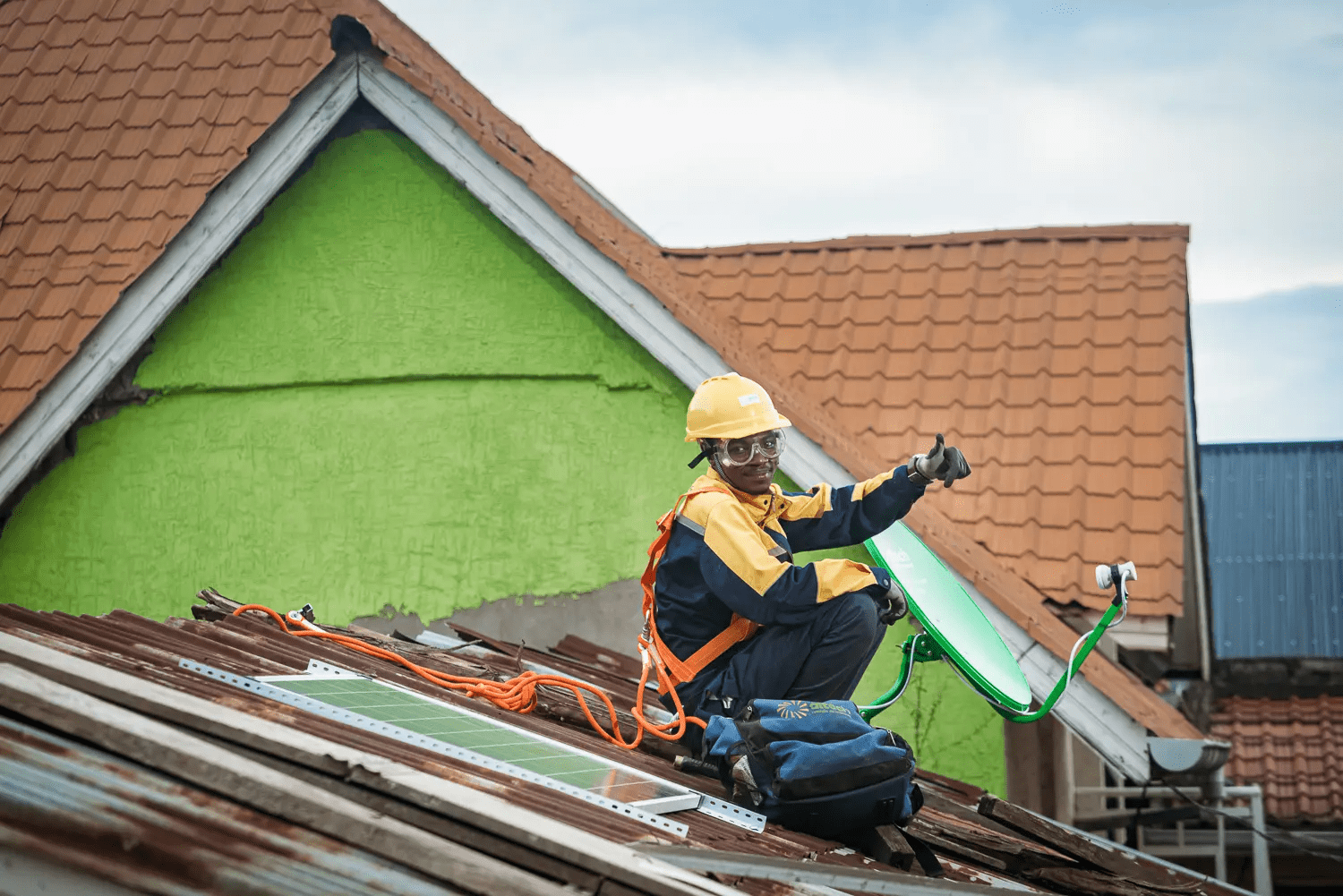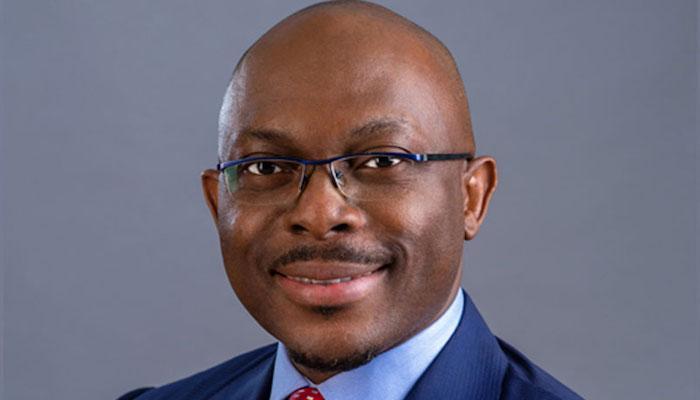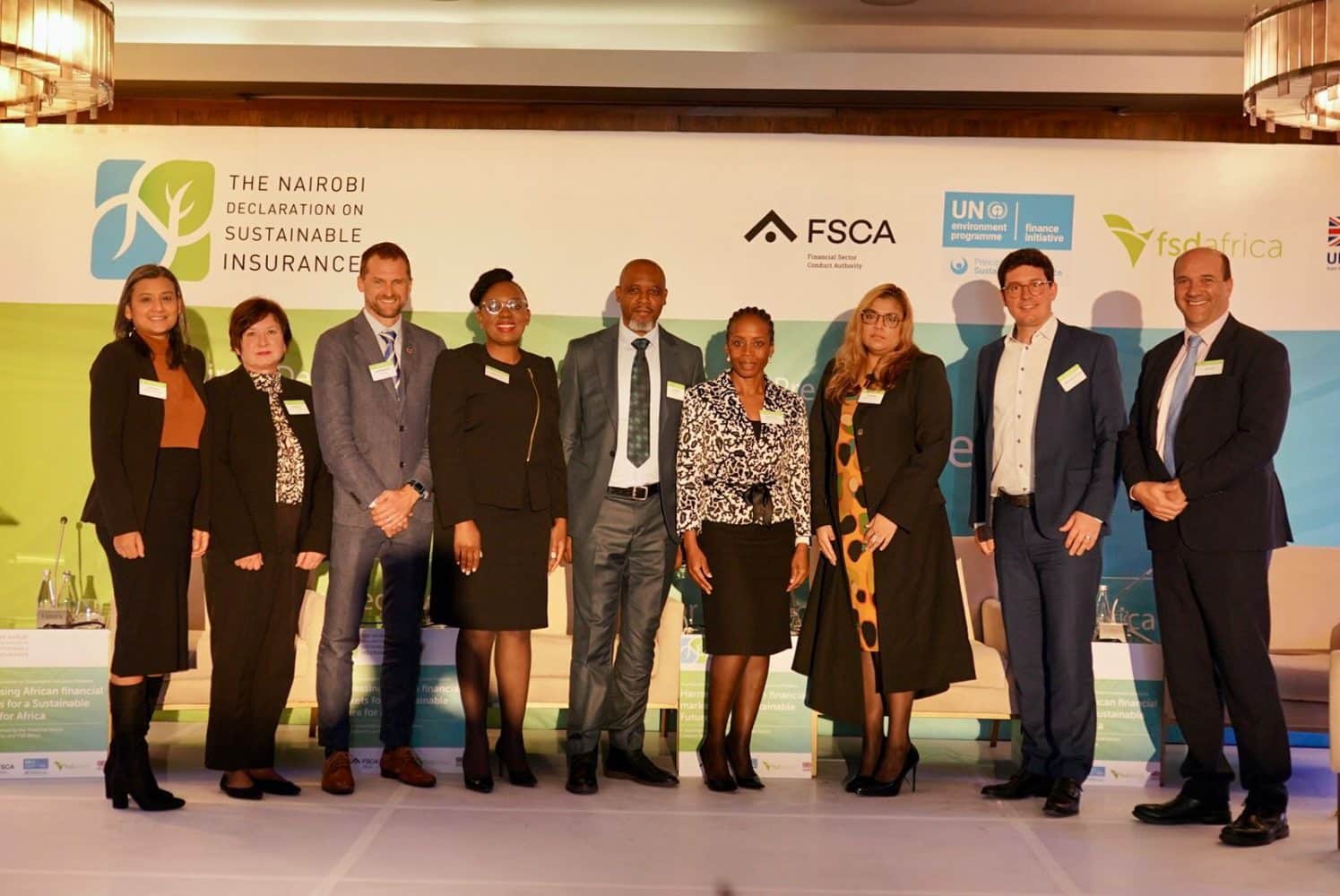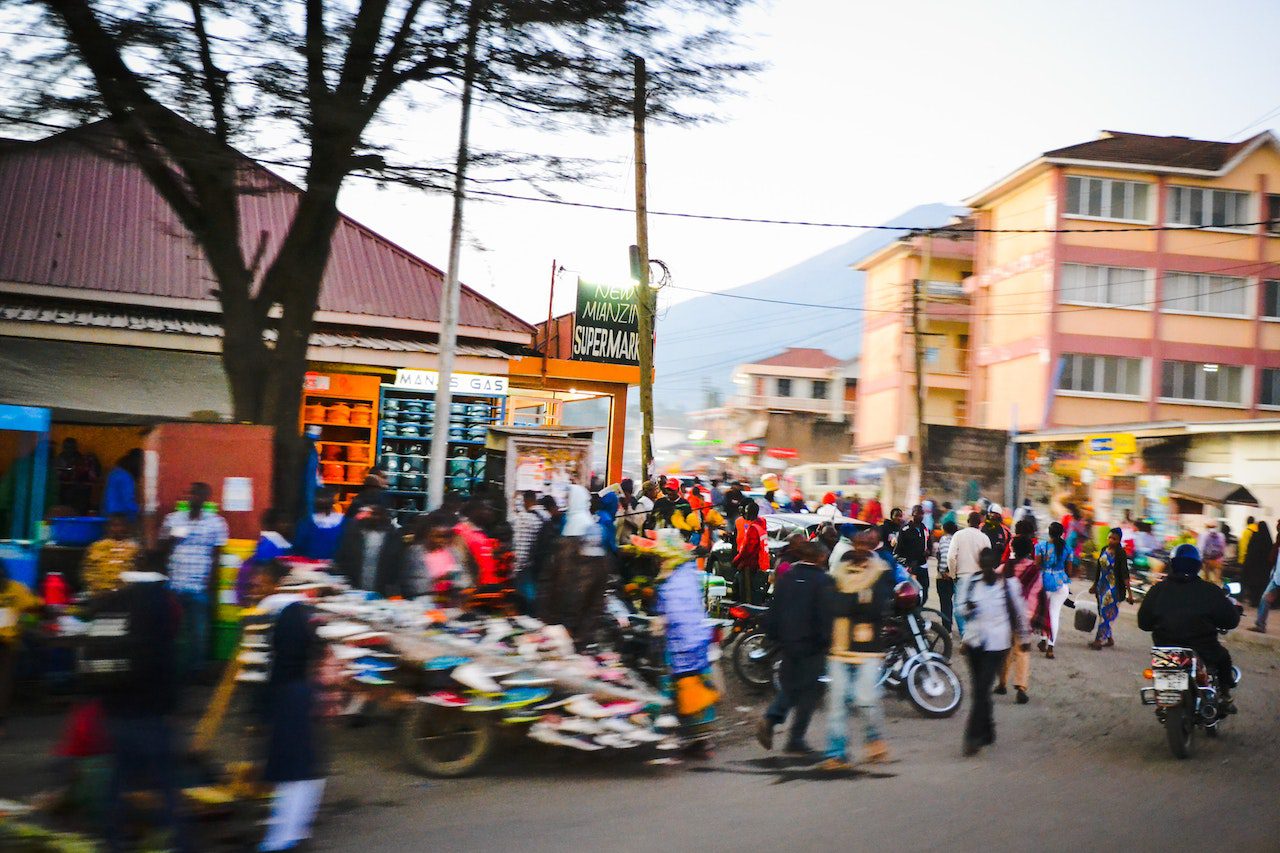7th June 2023, NAIROBI – FSD Africa Investments, AfricInvest, Malaria No More, and Health Finance Coalition (HFC) have announced the establishment of the Transform Health Fund (THF), a blended-finance fund for scaling proven and innovative healthcare models in Africa. THF has received commitments of $50 million reaching its target size for its first close.
The fund aims to respond to the critical healthcare financing gap in Africa while building a resilient healthcare ecosystem that improves access, affordability, resilience, and quality of healthcare for low-income patients. It will target three critical areas serving low-income patients: supply chain transformation, innovative care delivery, and digital innovation.
THF’s investments will target countries across sub-Saharan Africa, with a focus on East, Southern, and Francophone West Africa. This investment is designed to contribute to addressing the acute need for quality and affordable healthcare across the continent.
THF’s investment strategy explicitly targets health services for women as one of its main investment objectives. Some of its investments are constructed with a strong gender lens, targeting women-led businesses and serving increasing numbers of women.
Anne Marie Chidzero, Chief Investment Officer, FSD Africa Investments said: “FSDAi is excited to announce its catalytic capital investment in the innovative THF fund. We are proud that our capital contribution to this tranche of the fund facilitated the participation of other commercial and corporate private sector investors. Partnering with AfricInvest, HFC and the additional fund participants to strengthen the African healthcare system, particularly in a time of environmental stress and unpredictable climate events, is a high priority for FSDAi.”
Louise Walker, Head of Private Sector and Capital Markets Department, FCDO said: “The UK is excited with FSDAi to be a catalytic investor in the Transform Health Fund. This is an innovative partnership that brings together concessional and private finance which will in turn mobilise more capital, critical to making healthcare more accessible to and more affordable for low-income patients across the continent. I’m particularly pleased to see that investments will target women-led businesses and services will also focus on women, where we know maternal and infant mortality in Sub-Saharan Africa is well above SDG goals.”
AfricInvest, with its three decades of expertise and insight, will play a critical role in leveraging a wide range of support throughout many regions of the continent, providing financing for companies in the health sector, helping African local markets to both scale up their own healthcare systems as well as creating regional champions.
“As health financing needs continue to grow and healthcare demands increase, it is a critical we work toward closing Africa’s massive health financing gap,” said Martin Edlund, CEO, Malaria No More and Executive Director of the Health Finance Coalition. “The Transform Health Fund serves a vital role in catalyzing capital to scale healthcare solutions.”
THF’s partners include Royal Philips, Merck & Co., Inc., known as MSD outside of the United States and Canada, the U.S. International Development Finance Corporation (DFC), U.S. Agency for International Development (USAID), International Finance Corporation (IFC), Swedfund, FSD Africa Investments, Netri Foundation, Anesvad Foundation, Grand Challenges Canada (with funding from Global Affairs Canada), Chemonics International, and MCJ Amelior Foundation. The fund is expected to attract additional investors who share the goal of improving healthcare in Africa.









